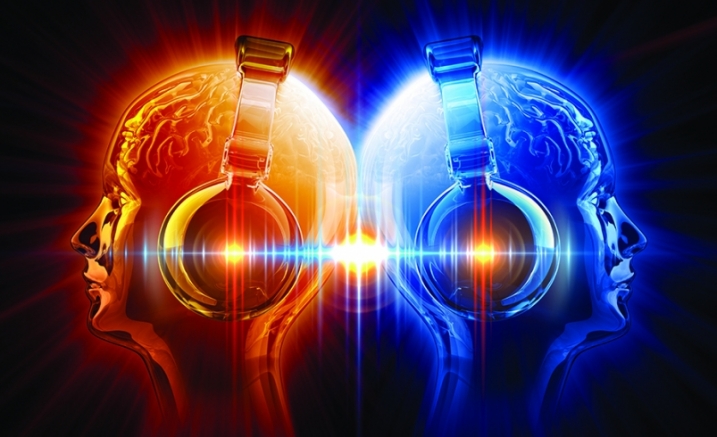How Does Music Affect the World and its People?
February 17, 2020
Music has become a universal language for all humankind. Whether for enjoyment in listening, the emotional response, performing, or creating, music has a place in everyone’s lives. It can raise someone’s mood, get them excited, or make them calm and relaxed. Music also allows individuals to feel nearly or possibly all emotions that they experience in their lives. But, how does music do this exactly?
According to researchers, “listening to sounds such as music and noise has a significant effect on our moods and emotions because of brain dopamine regulation — a neurotransmitter strongly involved in emotional behavior and mood regulation” (HindustanTimes).
Music hits a certain receptor in our brain called a D2 (Dopamine) receptor. This explains why whenever someone listens to a song with a cheerful tone in it, their D2 receptor will familiarize it as happy and peachy, therefore, putting the person in a happy mood, and vice versa if it were to be a sad-sounding song.
Due to this fact, researchers in a study have encouraged music to help hospital patients with brain disorders accompanied with errored functions of nerve transmission.
Music has become such a powerful impact in the world. Music includes wonderful benefits, and, like all things, negative ones as well. However, the pros that music has to offer have outgrown the cons that it’s ever had. It will never cease to die down anytime soon due to the amount of influence it has in society. So the next time you are feeling down, listen to your favorite song, and you might just turn your whole day around.
Picture from CRGSoft.com


